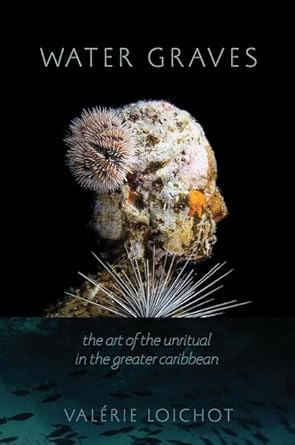The moment we swooped down the driveway of 27 Little Fountain in Christiansted, St. Croix, and saw the towering tree by the dry riverbed, I knew I had found our home. The house, a clear gut job from the MLS listing, didn’t matter. The tree called to me, welcoming me, and I instantly felt the property’s unique magic. The Saman tree (Samanea saman), with its vast canopy and enduring presence, holds deep meaning in Caribbean folklore. Rooted in Afro-Caribbean, Indigenous, and Creole traditions, it symbolizes spirituality, healing, and community—offering profound inspiration for my art and the eco-artist residency I am developing here.
1. Ancestral Spirits
In Afro-Caribbean spiritual traditions such as Obeah, Santería, and Vodou, the Saman tree is revered as a sacred home for ancestral spirits and a portal to the spiritual realm. Its roots are believed to bridge the living and the dead, making it a site for offerings, libations, and prayers to honor ancestors and seek their guidance. The branches of our tree, adorned with wild dragon fruit and night-blooming cereus, provide natural offerings to bats and birds alike.
2. Healing Properties
The Saman tree is valued in Caribbean folk medicine for its practical and symbolic healing powers. Traditional healers use its bark and leaves to make teas for colds, fever, and diarrhea, while its resin or sap is applied to skin wounds. This connection to health and vitality reflects a holistic view of nature as a source of sustenance and renewal.
3. Shelter and Protection
The tree’s sprawling canopy provides more than just shade—it creates a communal space and symbolizes safety. Beneath its branches, we’ve hosted bush baths, storytelling sessions, and community gatherings. For farmers, the Saman tree is a sign of good fortune, its shade nourishing crops, enriching soil, and sheltering goats, embodying abundance and protection. Its deep roots seek out and signal underground water sources, further enhancing its significance.
A Living Symbol of Life and Connection
The Saman tree is deeply intertwined with the life I am building, blending the physical and spiritual worlds. Its legacy of shelter, healing, and connection to ancestors inspires reflection on the unseen forces that shape our lives, echoing themes central to my new work.
This enduring tree stands as a testament to a reverence for nature and its ability to sustain, protect, and heal—a reminder of the profound stories rooted in this land itself.







